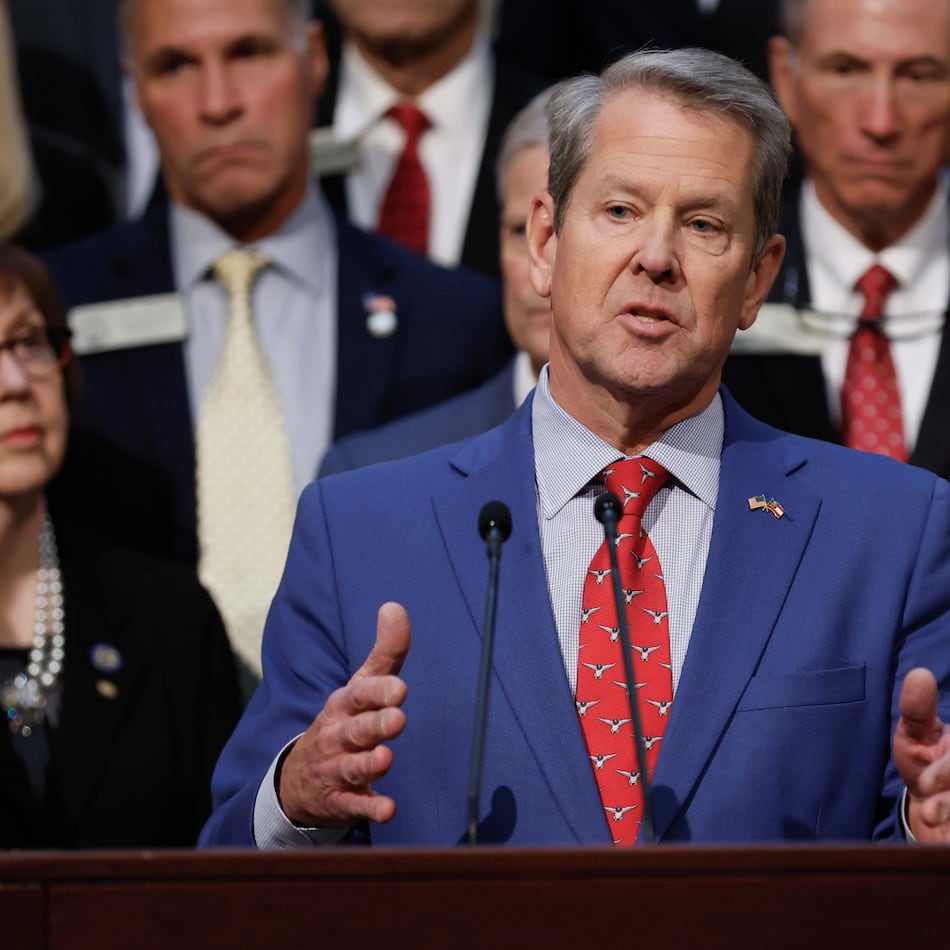The future of a South Georgia maker of peanut paste for severely malnourished children overseas is increasingly uncertain amid a major rollback in U.S. foreign aid.
Mana Nutrition, which employs about 130 people in Ben Hill County, says it has enough orders from the U.S. Agency for International Development to keep the rural plant busy for roughly another 10 weeks.
But the nonprofit says that is where the visibility ends after USAID last month canceled bidding on contracts for ready-to-use therapeutic food, or RUTF, and yanked its quarterly forecast for future orders amid a massive restructuring and downsizing at the federal agency.
Without that visibility, Mana can’t plan production, including ordering raw materials in advance, putting producers like itself “behind the eight ball” if USAID orders materialize later with little lead time, said Jon McDowell, Mana’s executive administrative assistant.
“We can’t just go buy all that stuff and just assume that the order’s gonna come,” he added.
Credit: Contributed
Credit: Contributed
Mana operates a roughly 150,000-square-foot manufacturing plant in a peanut field about three hours south of Atlanta. Its nutrient-dense food pouches contain milk, multivitamins and peanut butter.
Mana and Rhode Island-based Edesia Nutrition are the primary suppliers of ready-to-use therapeutic food to USAID. Much of it is shipped to Africa.
A USAID spokesperson said in a written statement Monday that the agency has an active partnership with Mana and is continuously working with partners on logistics. The spokesperson said the agency and the State Department found many opportunities for improvement during a review, including more streamlined contracting for production and shipping, as USAID is integrated into the department.
At least 14 million children are expected to face disruptions to critical nutrition this year because of global funding cuts, leaving them at heightened risk of death, UNICEF estimated in late March.
Mana has been on a roller coaster since the Trump administration took office in January and quickly began dismantling USAID. The federal agency canceled $12 million of Mana’s supply contracts in late February before reinstating them a few days later.
Credit: Contributed
Credit: Contributed
It is unclear if all the food pouches Mana has already produced will be delivered overseas. The company says more than 500,000 cases it made as part of a recent USAID contract are sitting at its warehouse because the agency has not yet issued tenders to ship them. The pouches have a roughly two-year shelf life.
Mana produced about 1.3 million cases in 2024. The bidding on a supply contract that USAID canceled in April was for more than 450,000 cases, or roughly three months’ worth of production at the plant. USAID’s withdrawn quarterly forecast for future bids was for about 1.6 million cases, according to Mana.
McDowell says USAID had issued almost $19 million in past-due payments to Mana through April and that the agency no longer owed money to the nonprofit for previous work. The agency in recent years represented more than 90% of Mana’s business.
Mana is seeking to expand its pool of donors to continue funding operations after growing rapidly over the past 15 years. Billionaire U.K. investor Chris Hohn, who manages The Children’s Investment Fund, has previously contributed more than $250 million to the Georgia nonprofit.
Keep Reading
The Latest
Featured





